“It is my choice. It’s not a law”: Students Weigh in on the COVID-19 Vaccine Mandate
Those who are against the COVID-19 vaccine protest. (The Independent)
On August 10, Westridge Head of School Elizabeth McGregor sent a school-wide email with important back-to-school information. Alongside the information regarding weekly PCR testing and masks were details about Westridge’s new vaccine mandate: “Because widespread vaccination within a community is the single best way to keep people safe and students on campus, we will require all eligible employees and students (ages 12+) to be fully vaccinated by September 30.”
As of now, The Los Angeles Unified School District and Culver City Unified School District have mandated the vaccine for students 12 and older. The Oakland, Hayward, and Piedmont school boards have issued similar vaccine mandates.
Neighboring schools of Westridge such as Polytechnic School have appealed to every eligible student and employee to get vaccinated. On the other hand, Mayfield Senior School, though not mandating the vaccine, strongly encourages students and faculty to get the vaccine. Flintridge Preparatory School has announced that faculty and students must be vaccinated against COVID-19 by October 1.
When Ms. McGregor sent an email to parents about Westridge’s vaccine mandate in early August, it was mentioned that 80% of eligible students had been vaccinated and 100% of faculty had received the vaccine. It is suggested that the 20% of students who got the COVID-19 vaccine later than 80% of eligible students may have had concerns.
Though California is not mandating the vaccine for eligible students, a handful of school districts are beginning to require the vaccine. On September 9, the Los Angeles School Board agreed to mandate COVID-19 vaccines to eligible students. All students attending Los Angeles Unified public schools must receive their first dose of the vaccine by November 21 and be fully vaccinated by December 19. In fact, students who take part in in-person activities have until October 31 to become fully vaccinated. Even though the Los Angeles Unified School District is the first major school district to require the vaccine, it is likely that other districts will soon begin mandating the vaccine as well. It is only a matter of time.
While the vast majority of Westridge students strongly agree with the administration’s decision to require vaccines, there is a minority group, along with students of neighboring schools, that thinks differently.
“Westridge is forcing me to do something I don’t want to do right now,” said Aliena S. ’25. “Vaccines cannot be forced. I understand that the vaccine would be recommended, but not mandated. Westridge says we are a free, welcoming community. A lot of my friends and people around here are asking me, ‘Why not?’ when I don’t want to get the vaccine. It is my choice. It’s not a law.”
Historically, there have been pushbacks against mandated vaccines, one of the most notable cases being Jacobson v. Massachusetts. The Supreme Court voted 7-2 in Jacobson v. Massachusetts, allowing Cambridge, Massachusetts to fine residents who refuse to receive the smallpox vaccine. The Court held that “the rights of the individual in respect of his liberty may at times, under the pressure of great dangers, be subjected to such restraint, to be enforced by reasonable regulations, as the safety of the general public may demand.”
Those who believe that vaccines should be mandated often refer to Jacobson v. Massachusetts. However, there are still concerns about whether or not mandating the COVID-19 vaccine aligns with America’s core values.
Zack A. ’23 of Flintridge Preparatory School believes that mandating the vaccine is unconstitutional, as each American citizen holds the freedom to reject vaccination for personal or religious reasons, along with the freedom to refuse vaccination due to the right to be protected from harm. Zack, like many others, does not deny the effectiveness of vaccines, but he rather disagrees with the movement to require them.
Heather Knapp is a registered home health nurse in California. She has posted videos from a few protests to her Instagram account, Nurses4freedom, which has over 42,000 followers. She explains that the rallies are meant to bring awareness to the concerns health care professionals have about the safety of the COVID-19 vaccines. “I’m not an anti-vaxxer,” Knapp said. “Our organization is anti-mandate.”
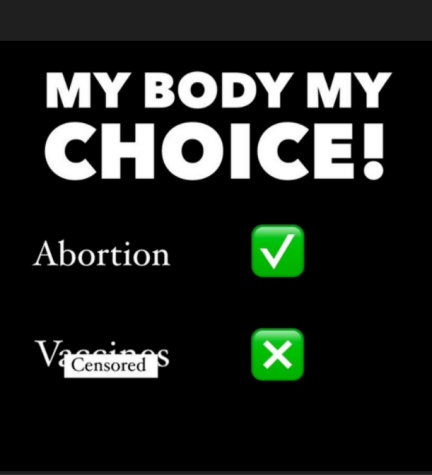
This is a mutual sentiment among the majority of students who oppose the vaccine mandate at Westridge. Willow N. ’25 is one of these students.
“I don’t agree with [the vaccine mandate] because I think people should have the right to choose,” she said. “We have to wear masks anyway. I am vaccinated, but that doesn’t mean everyone else has to be. Just because someone does not want to get vaccinated doesn’t mean they should get kicked out of school. We already have lots of safety precautions.”
In a recent Instagram post, Knapp compared the freedom to remain unvaccinated to a woman’s right to an abortion. She asserts that the argument of “my body, my choice” contradicts the idea that vaccines should be mandatory. Knapp believes that “my body, my choice” is also relevant to one’s decision to get vaccinated or not. The caption of the post reads, “Make it make sense…”
“They are always talking about how as a woman, you have control over your body,” Willow N. ’25 continued. “But, at the same time, they are telling us we have to get the vaccine. It’s our choice. They’re taking our right to be in control of our own bodies.”
On the other hand, proponents of the mandated vaccine for students and faculty believe that the required vaccine is to protect one’s self and others, and therefore, is not equivalent to one’s decision of getting an abortion. “I agree with the mandated vaccine since it really isn’t ‘my body, my choice,’” Lindsay B. ’25 said. “It’s not just to protect you; it’s to protect others too. As women, we shouldn’t use that term so loosely because getting a vaccine affects others the most, not you. You can’t just use this saying to justify why someone wouldn’t take the vaccine.”
The mandate does allow families to request a medical or religious exemption from the vaccine requirement. David Stukus, a Professor of Pediatrics in the Division of Allergy and Immunology at Nationwide Children’s Hospital in Ohio, explained that around five million people experience a severe allergic reaction to the COVID-19 vaccines. It was initially thought that individuals who negatively react to the vaccine have allergies to vaccine ingredients called polyethylene glycol and polysorbate. However, Stukus shared that after full investigation, these elements of the vaccine do not appear to be the cause of the rare anaphylaxis, a potentially life-threatening allergic reaction.
“Both religious and medical issues,” Natalie M. ’25 stated when asked to explain why she opposes the vaccine mandate. “I can’t even get the normal testing because of the chemical they use. It’s a personal choice. It’s forcing someone to put something in their body.”
Objections to the mandate range in reason. Some have concerns over the safety of the vaccine and its relatively recent FDA approval. On August 23, 2021, the FDA approved the Pfizer-BioNTech vaccine. The FDA has announced that the vaccine will be marketed as Comirnaty, a vaccine to be used for active immunization to prevent COVID-19 in individuals sixteen years of age and older. The vaccine will continue to be available for individuals between the ages of twelve and fifteen under emergency use authorization (EUA).
Meanwhile, both the Moderna and Johnson and Johnson vaccines have received approval from the FDA for those 18 and older.
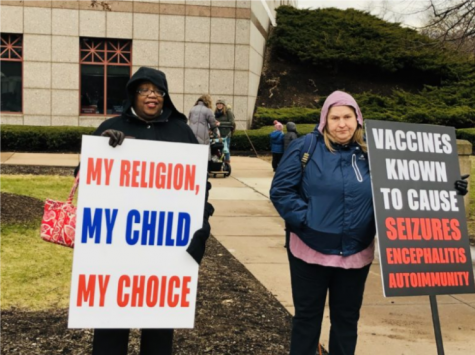
Religious concerns regarding the COVID-19 vaccine are also cited among the reasons for avoiding the vaccine. Some religious exemptions for the COVID-19 vaccine are beginning to be tested in courts. Recently, a federal district court ruled in favor of the University of Massachusetts when the school denied a student’s religious exemption request. An administrator referenced a statement from the U.S. Conference of Catholic Bishops, where vaccines are considered to be “morally justified.”
Neighboring private schools of Westridge, such as Mayfield Senior School, have not mandated the vaccine. Chloe C. ’23 of Mayfield Senior echoed Zack A. “If you want [the vaccine], get it. If you don’t want it, then don’t.”
Those that believe students should not be forced to get the vaccine also believe that teachers should not be required to get the vaccine. On August 11, The California Department of Public Health ordered a new public health order that requires school staff to either be fully vaccinated or get tested weekly. “In order to best protect students and staff as California starts the school year fully in-person, the California Department of Public Health (CDPH) today issued a new public health order requiring all school staff to either show proof of full vaccination or be tested at least once per week,” the Office of Governor Gavin Newsom announced.
On October 1, Governor Newsom announced the United States’ very first state-wide vaccination mandate for students, requiring elementary through high school students to get the vaccine once it is approved by the United States government. As the COVID-19 vaccines are only granted an emergency authorization for ages twelve to fifteen, Newsom explains that he expects the requirement to be implemented by July 1.
“We actually have a long tradition of vaccine requirements in schools,” explained Dr. Mark Ghaly, the California Health Secretary. He said that requiring vaccines in schools is “not unusual.”
According to U.S. News, hundreds of colleges are already requiring students to get the vaccine. “If you can ensure a highly vaccinated community, you can get back to a lot of those things safely,” explained Dr. Preeti Malani, a professor and chief health officer at the University of Michigan-Ann Arbor.
Compared to universities, vaccine mandates in K-12 schools are not as widespread. The New York Times reports that even though children ages 12 to 17 are eligible for the vaccine, it is not required for attending most public K-12 schools across the United States. On the other hand, private schools, along with daycare centers and camps, do have control over whether they mandate the vaccine or not.
“Once again, the same exceptions that apply to students should definitely be taken into consideration for teachers, as they are also human beings that have the same human rights,” Natalie M. ’25 said when asked about her opinion on mandated vaccines for teachers. “I think that this whole mandate is a violation of those rights.”
For further reading, Spyglass recommends:
Who Are the Unvaccinated in America? There’s No One Answer.
Fueled by a History of Mistreatment, Black Americans Distrust the New COVID-19 Vaccines
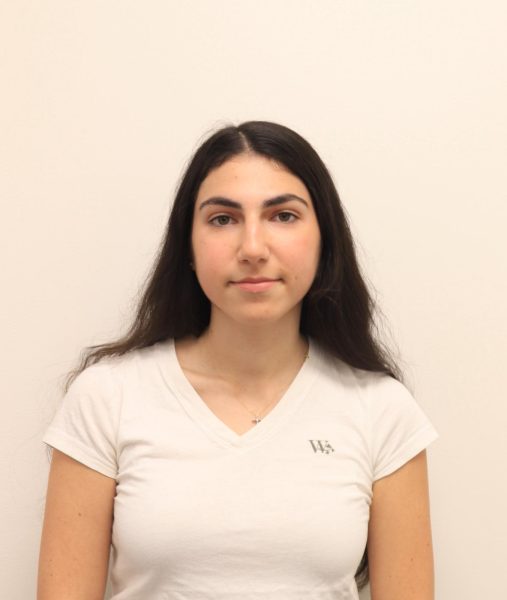
Sophene is a senior and in her sixth year on Spyglass. In her free time, she enjoys baking, spending time with family, and watching Gilmore Girls and Friends.




























![Dr. Zanita Kelly, Director of Lower and Middle School, pictured above, and the rest of Westridge Administration were instrumental to providing Westridge faculty and staff the support they needed after the Eaton fire. "[Teachers] are part of the community," said Dr. Kelly. "Just like our families and students."](https://westridgespyglass.org/wp-content/uploads/2025/03/dr.-kellyyy-1-e1748143600809.png)






















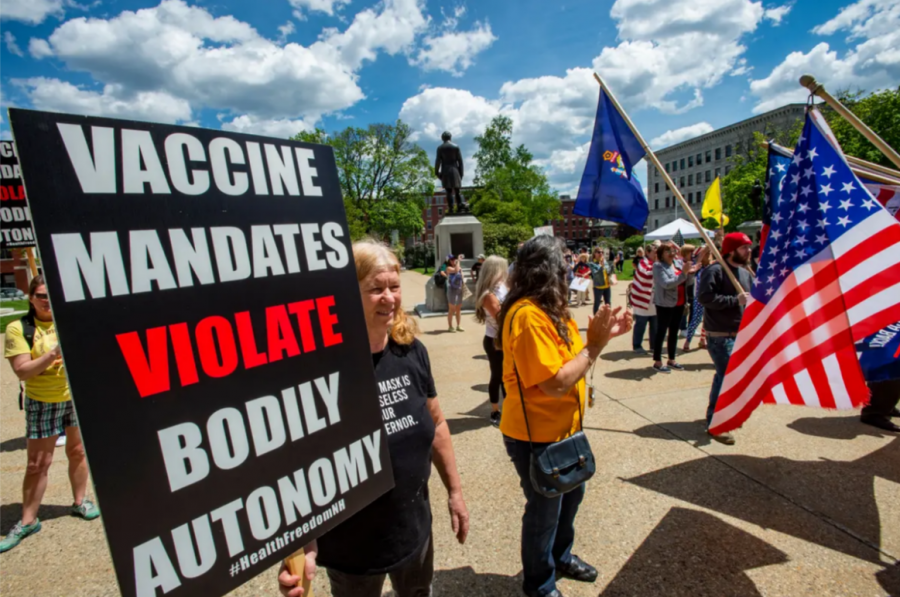


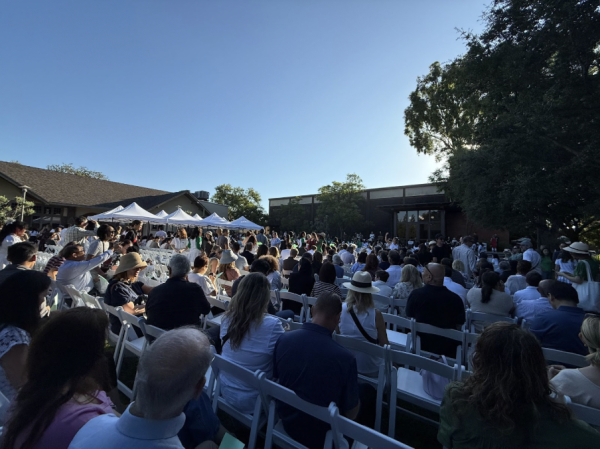
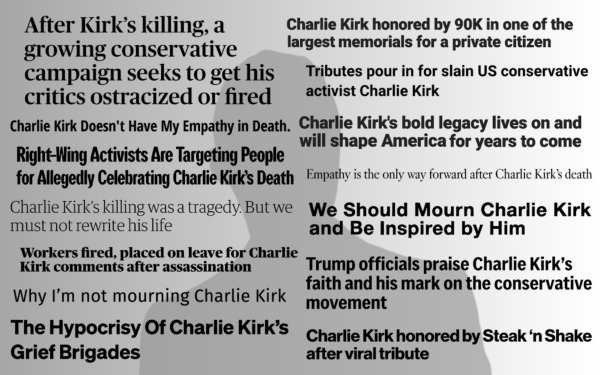
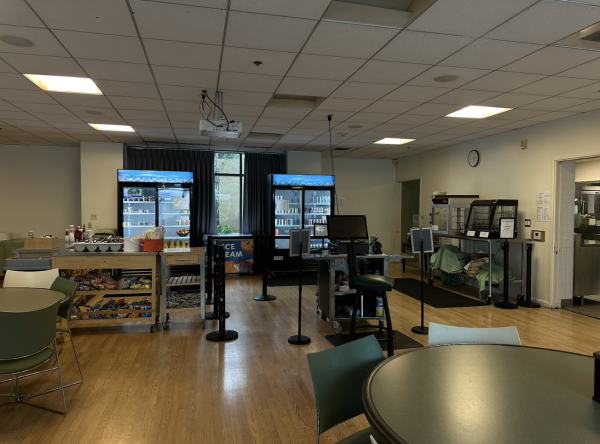
Caroline Lopez • Oct 5, 2021 at 11:53 am
SO INTERESTING!!!